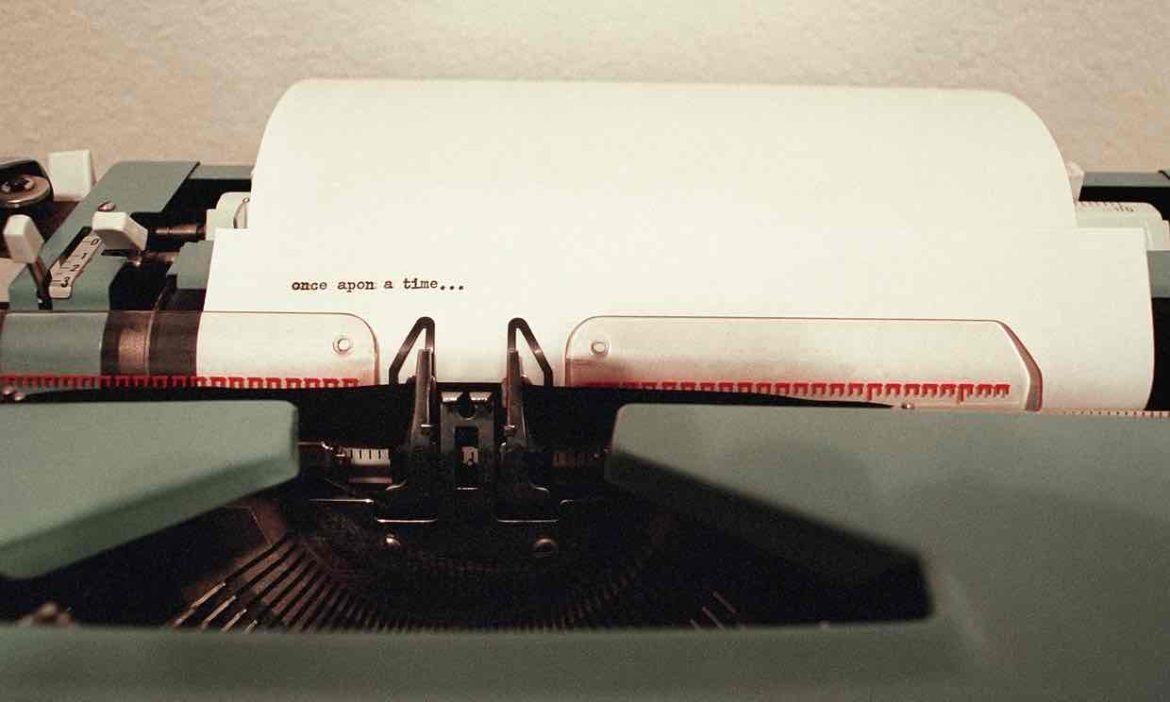David Barnett
To the author who has quit after two novels didn’t make it to print, I recommend getting a lot better at dealing with rejection
Oh, Anonymous. I read your piece in the Guardian last weekend – about being a “failed novelist” – with a mounting sense of disbelief.
It’s not that I don’t sympathise with your frustration at being unable to fulfil your dream and be published. I’ve been there, as have many now-published authors; the many more who still wish to be published will share your despair. We’ve all felt “bewildered” that the publishing industry failed to recognise our genius. We have all looked at our work – our “masterpieces”, in your words – and wondered the same as you: “How can I fail?”
And we have all failed. But you aren’t a failed novelist. You’ve had precisely two books on submission to publishers. “Years of work and emotional investment wasted,” you write. “I finally gave up, to save my sanity.”
Dear Anonymous, you’re not a failure. You’re a quitter.
I can’t even remember how many full-length manuscripts I wrote before my first novel was published in 2013 – eight, maybe? All of them were written while I had an agent, who deemed all of them publishable and submitted them. And all were rejected, several times over.
It would have been easy to quit after the second or third round of rejections. I had done my best work, but it never good enough, or it was the right book at the wrong time, or the wrong book at the right time.
Literary history is packed with stories of bestselling authors whose work was kicked out multiple times. John le Carré’s The Spy Who Came in from the Cold was famously rejected with the terse note: “He hasn’t got a future as writer.” Stephen King’s Carrie was rejected 30 times. Margaret Mitchell’s Gone With the Wind, 38. Robert M Pirsig’s Zen and the Art of Motorcycle Maintenance: a karma-bashingly astonishing 121 rejections.
Yes, there are those hip young writers who get picked up for a three-book deal on the basis of a single chapter – but they make the news because they are the exception, not the rule. They’re the ideal we’ve been conditioned to think of as the measure of authorly success. But think of them like models at a fashion shoot; we’re never going to look as good, but we can still wear the same clothes. We might never make that million-pound debut, but we can still be published.
But only if we embrace rejection. Rejection is part and parcel of being a writer. Yes, it makes you feel bad, but it can also galvanise you to self-improvement. I failed over and over again; but each time, I failed better.
What writers don’t do is give up after their second go, like Anonymous: “Four years on, I still can’t look at the new fiction tables in Waterstones; they make me feel like an infertile woman at a baby shower. I feel pity and scorn for people with dreams.”
It is no one’s “destiny” to be a published author. That implies a path laid out for us, an unshakeable future that is planned and unchangeable. And it is entitled. Writing is art, but it is also a job, and one that you have to do to the satisfaction of the people you expect to chuck wads of money at you, so their investment in you makes sense.
I hope, Anonymous, that you give it another go. You obviously have talent; you managed to get an agent, which the vast majority of writers never do. I expect to see you casting off your anonymity a year or two down the line and following up this piece with news of your first deal.
Two tips: one, don’t badmouth the rest of the writing community. Saying things like, “I have next to no interest in contemporary fiction and avoid literary debuts by British female writers, which all seem so safe and samey” makes you sound a bit … up yourself? When you get there, you’ll find that the vast majority of authors are hugely supportive of each other.
Secondly, develop a thicker skin. Being published doesn’t mean you’re a success. If it makes you cry “like a little girl” to hear an editor say of your novel “I just don’t love it enough”, then wait until you start clocking up those one-star Goodreads and Amazon reviews.
And one more. Don’t scorn other people’s dreams. Nobody did that to you, you just weren’t quite good enough. Whether you ever will be … well, there’s only one way to find out.
David Barnett’s latest novel, Calling Major Tom, is published by Trapeze.
See online: Do two unpublished books make you a failed author? No, you’re a quitter

